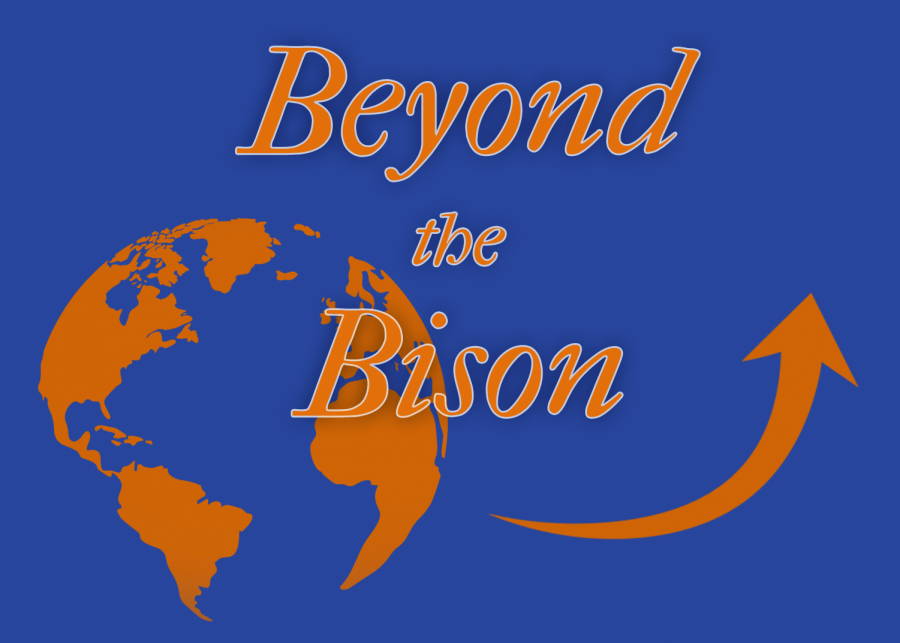Beyond the Bison– Pulling your weight: Disordered eating in athletics
November 30, 2018
Athletes are considered some of the most determined people in society. They are driven to top the competition, which is often what pushes so many to be the best: an attitude that is encouraged in many settings. But what happens when this need to outdo competitors or to improve takes priority over an athlete’s physical well-being?
The alarming prevalence of eating disorders and disordered eating among athletes, two distinct issues, serves as an example of how this widespread pressure can contaminate a community. The combination of competitive spirit, focus on physical outcomes and a cultural emphasis on being thin sets the stage for athletes to be subject to extreme pressure and to develop disordered eating.
The distinction between eating disorders and disordered eating is subtle at first glance, but extremely important in addressing the issue. The NCAA defines disordered eating as “a wide spectrum of harmful and often ineffective eating behaviors used in attempts to lose weight or attain a lean appearance.” An eating disorder develops when these behaviors are consistently used and result in physical and psychological disturbances.
While genetics and extra-athletic factors certainly play a role in the development of these symptoms, athletes, especially females, face a myriad of pressures that may kick-start these unhealthy habits.
One pressure is the nature of the sport itself. A study of Division I athletes found over one-third of female athletes reported symptoms and attitudes demonstrating risk for developing anorexia. These rates are especially high in what are considered “lean” sports, where body size and weight are believed to be important to performance, including wrestling, bodybuilding, crew, gymnastics, figure skating, and running.
Revealing uniforms are another major factor contributing to body dissatisfaction and the use of unhealthy methods. A survey conducted among swimmers revealed 45 percent found wearing swimsuits as a stressor. Another study among volleyball players found revealing uniforms not only decreased self-esteem, but stressed players out to the point of negatively affecting performance in the sport. Poor performance can lead players to blame weight, and thus the cycle continues.
Between attempting to increase confidence and physical performance, taking measures to lose weight or alter appearance can be perceived as equally important as other forms of training, despite the fact that these methods often hinder performance.
Alexis Fairbanks developed disordered eating during her time as a collegiate middle-distance runner. She attributed losing races to her competitors being smaller, thinner, and having the ideal runner’s body type, and began to restrict her diet in hopes of losing weight and cutting time.
Even the idols whom athletes like Fairbanks look up to are not immune to resorting to unhealthy methods. Gracie Gold, an American figure skater who left the Sochi Olympics with a bronze medal, returned to competitive skating for the first time in two years after taking a break to address depression, anxiety and an eating disorder.
As the awareness and treatment options for eating disorders continue to improve, several sports communities and institutions are making resources more available for athletes. Louisiana State University has three mental health counselors working with their athletic department this year. The school has also formed and publicized athlete-tailored support groups, and has worked with coaches and trainers to teach them how they can use these resources for athletes.
In the 2018 Olympics, Norway did not list athletes’ weights out of sensitivity to weight-related disorders.
While these measures are only the first step in addressing a deep-seeded problem, the future is hopeful for all those involved.
If you or someone you know is struggling with an eating disorder, call the National Eating Disorder Association toll-free at 1-800-931-2237 or the University’s Student Health center for confidential support.






















